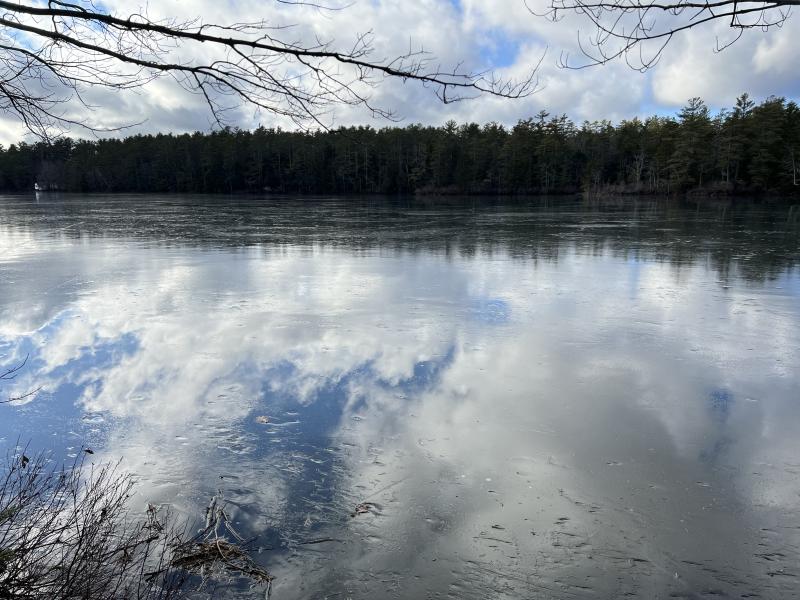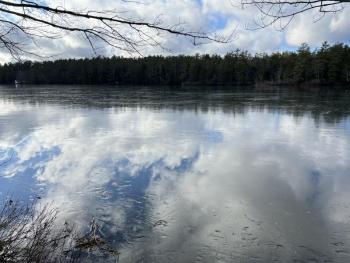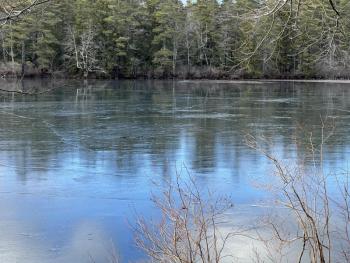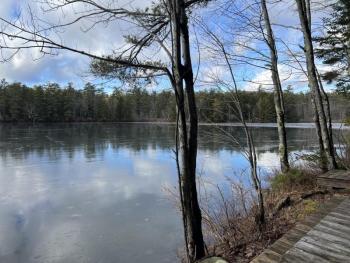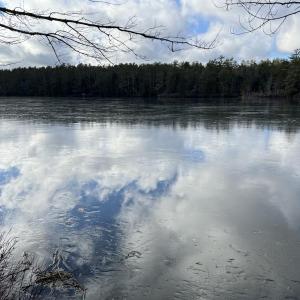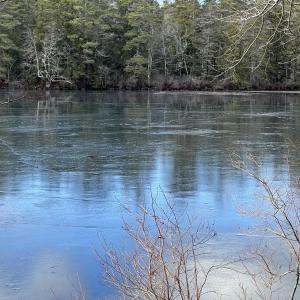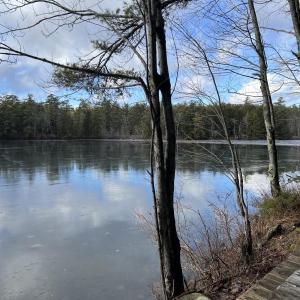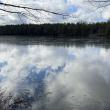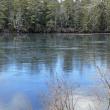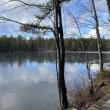Why be LakeSmart?
Maine’s more than 6,000 lakes and ponds are cherished assets of our state providing more than $14 billion dollars in economic value. Mainers and visitors, alike, enjoy recreational opportunities, including swimming, boating, fishing and the serenity of just sitting beside a lake.
We have a tradition of family camps, campgrounds, summer camps and resort camps where the memories of good times are passed from generation to generation. Additionally, lakes and ponds are a primary source of drinking water to many of our communities. Preservation of these lakes and ponds is vital.
One of the important measurements in the value of a lake is the clarity of water; a decrease in water clarity can mean a decrease in waterfront property values. Putting aside the economic value, who wants to swim or kayak in an algae filled lake?
Algae is caused by too much phosphorous. Although phosphorous is a naturally occurring element, too much is a bad thing. It can cause lake imbalance resulting in huge algal blooms with an unpleasant odor, turn the water green, damage wildlife habitats and harm the health of people, pets and wildlife.
There are a number of causes of too much phosphorous: pet waste, fertilizers, household cleaners, motor oil to name a few, but the primary cause of too much phosphorous is soil and sand runoff after rainstorms.
In an attempt to help preserve the quality of Washington Pond and Crystal Lake, the Washington Lakes Watershed Association has re-activated its participation in the Maine LakeSmart program.
The program educates people concerning best practices for protecting lakes from runoff. It is free, non-regulatory and voluntary. Anyone who is interested in participating will receive a questionnaire to complete and then receive an onsite inspection of the property by a qualified LakeSmart assessor who will score the property, making suggestions regarding ways to reduce lake runoff.
If the property meets a certain score, the owner will be awarded a LakeSmart recognition certificate and two LakeSmart signs to hang roadside and lakeside. There is also a Loon commendation for those properties that have a very high score, If the property does not meet standards, the LakeSmart assessors will make recommendations to reduce runoff which the property owner may or may not decide to implement. (It is totally up to the landowner.)
In 2024, Washington residents Susan Sainio Edwards and Hilary Clark participated in LakeSmart training and are qualified to assess lake front property for the WLWA area.
Three properties were inspected in 2024; one earned the LakeSmart Award with the Loon commendation, another earned the LakeSmart Award and the third received a commendation (just short of the qualifications for LakeSmart).
If any property owners on Washington Pond or Crystal Lake are interested in participating, you may email: washingtonlakesmrt@yahoo.com. For those on other lakes and ponds, check with your local lakes and watershed association.
Let’s protect our lakes!
Susan Sainio Edwards is vice president of the Washington Lakes Watershed Association

